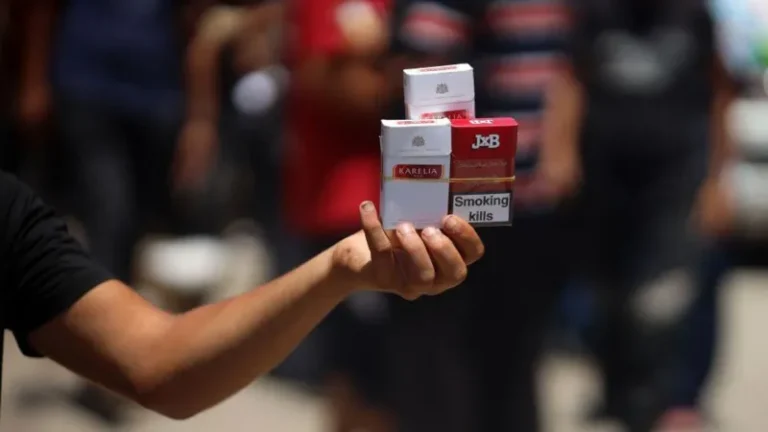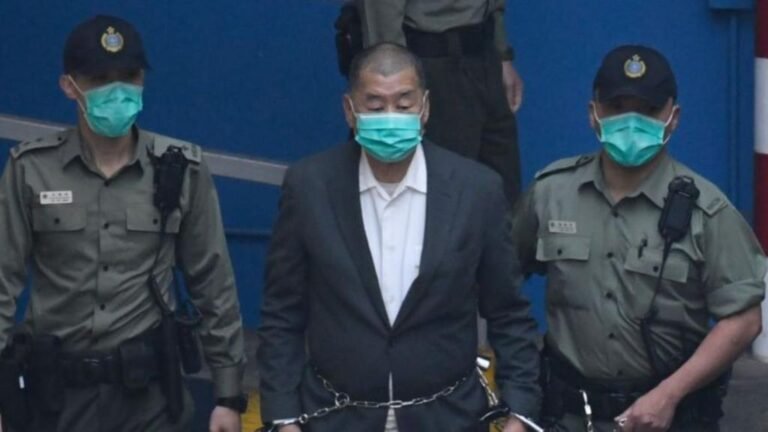
In a significant development, Israel and Hamas have brokered a deal aimed at halting the ongoing conflict. The agreement involves the exchange of 50 hostages held in Gaza for a four-day pause in hostilities. Additionally, the deal is expected to result in the release of 150 Palestinian women and children detained in Israeli jails, along with an increase in humanitarian aid to Gaza. The agreed-upon pause is scheduled to commence at 10:00 (08:00 GMT) on Thursday.
This breakthrough comes after intensive negotiations that extended into the early hours of Wednesday. The coalition government of Israel, led by Prime Minister Benjamin Netanyahu, officially approved the deal. According to a statement from Netanyahu’s office, the release of 50 hostages, predominantly Israeli nationals or dual citizens, will occur over four days, coinciding with the duration of the pause in fighting. An intriguing aspect of the deal is the Israeli government’s offer to extend the pause for each additional release of 10 hostages by one day.
Although the list of names of those to be released has not been disclosed, a senior U.S. official indicated that at least three American citizens, including three-year-old Avigail Idan, whose parents perished in a cross-border attack, are expected to be among the freed hostages. There is also speculation that Hamas might unilaterally release 26 Thai nationals among the captives.
The International Committee of the Red Cross (ICRC) has expressed readiness to facilitate the release process, as it did in a previous instance when Hamas freed hostages. Meanwhile, Israeli forces operating within Gaza have successfully rescued one female soldier and recovered the bodies of two other female hostages.
In response to the agreement, the U.S. president characterized it as ending “an unspeakable ordeal” for the hostages and a means to “alleviate the suffering of innocent Palestinian families.” However, the Israeli government remains resolute in its commitment to continue the war until all hostages are returned, Hamas is eliminated, and there is no new threat to the State of Israel from Gaza.
The pause in hostilities, termed a “hudna” by Hamas, is expected to bring relief to Palestinians in Gaza. During this period, drone and Israeli aircraft activities in the southern part of Gaza are anticipated to cease entirely. In the north, a similar cessation is specified between 10:00 and 16:00 local time (08:00-14:00 GMT) each day. While Israeli troops and tanks are expected to maintain their positions within Gaza during the pause, Hamas has received assurances that there will be no attacks or arrests by Israeli forces.
For the 1.7 million Palestinians in Gaza, the temporary truce offers a respite from the intense fighting that has led to the displacement of hundreds of thousands. The agreement allows safe passage for individuals from northern areas, such as the Jabalia refugee camp, to the south.
Crucially, the deal permits the entry of humanitarian aid into Gaza, addressing critical shortages. Over the four days, 200 lorries carrying aid, four fuel tankers, and four lorries carrying gas will be allowed through Egypt’s Rafah crossing. However, it’s emphasized that the increased fuel supply, vital for hospital generators, water desalination, and sewage facilities, is contingent upon the duration of the pause. Israel had previously cut off electricity, water, and deliveries of essential goods to Gaza in response to the Hamas attack.
While the agreement includes the release of 50 hostages, Hamas asserts that it will also lead to the release of 150 Palestinian prisoners, specifically women and children, held by Israel. The Israeli government statement did not explicitly mention this aspect, but the justice ministry subsequently published a list of 300 prisoners eligible for release, contingent on Hamas agreeing to free an additional 50 hostages.
This list comprises 123 boys aged between 14 and 17, one 15-year-old girl, 144 18-year-old men, and 32 women aged between 18 and 59. Most of them are held in custody pending trial for charges ranging from stone-throwing to attempted murder. The publication of the list is a procedural requirement in Israel, allowing citizens 24 hours to appeal to the Supreme Court ahead of any prisoner release.
As the deal awaits finalization and implementation, Israel currently holds approximately 7,000 Palestinians accused or convicted of security offenses. The situation is complicated by the reported arrest of almost 3,000 Palestinians in the occupied West Bank and East Jerusalem since the cross-border attack on October 7, leading to increased tensions in those regions.
Hamas, in its statement, framed the agreement as serving the Palestinian people and reinforcing their resilience against aggression. However, it also issued a warning, asserting that its fighters remain vigilant to defend the population and defeat what they term as “occupation.” The coming days will be critical in determining the success and sustainability of this pause in hostilities and the broader implications for the region.
For More Updates, join our WhatsApp Group and Telegram Channel






